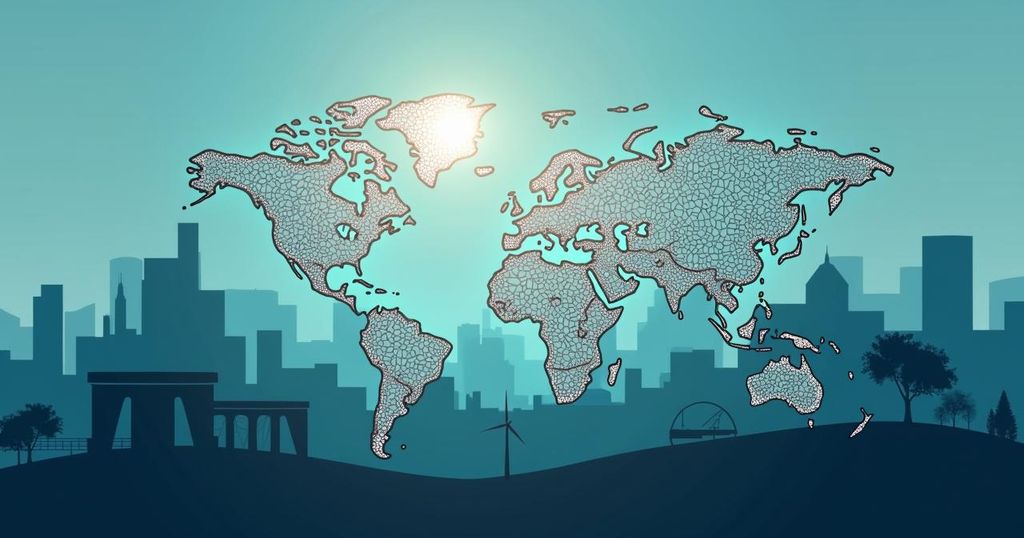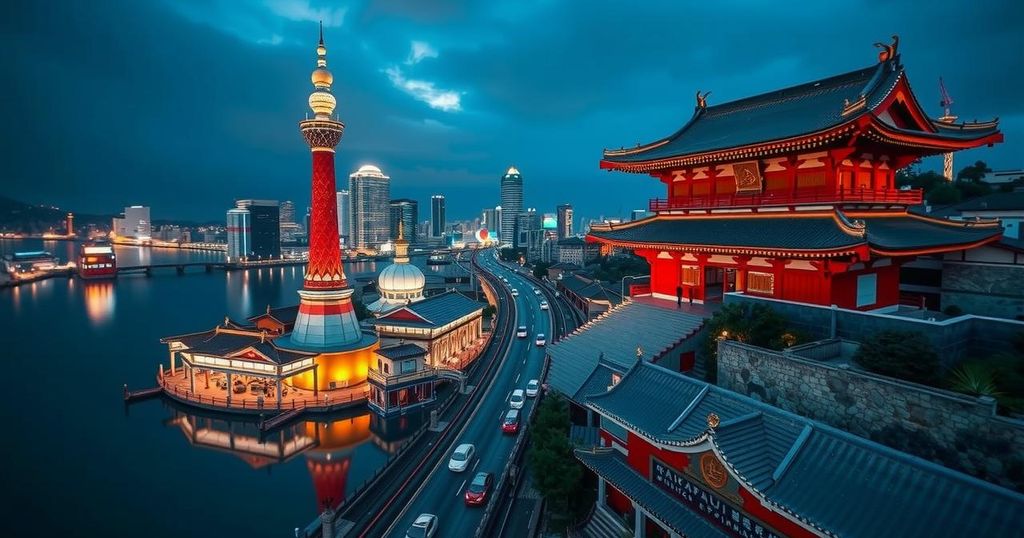China’s $100 Billion Cleantech Investment Surge: A Strategic Response to Trade Barriers
Since early 2023, Chinese companies have invested over $100 billion in foreign clean technology projects to evade tariffs from the U.S. and other Western nations. China holds a leading position in global production of electric vehicles, lithium batteries, and solar panels. Strategic investments by firms like BYD and CATL aim to establish manufacturing bases outside China in response to ongoing trade tensions.
Since 2023, Chinese enterprises have invested more than $100 billion in international clean technology projects, as reported by the Australian institution Climate Energy Finance (CEF). This surge in investment is primarily aimed at circumventing the trade tariffs imposed by the United States, Canada, and the European Union. China’s dominance in the global production of key cleantech sectors such as electric vehicles, lithium batteries, and solar panels underscores the importance of these investments. Chinese firms now control 32.5% of global electric vehicle exports, 24.1% of lithium battery production, and an impressive 78.1% share of the solar panel market. However, this control has raised alarms over potential market flooding, which may drive prices down and undermine competitors. The tariffs imposed by the U.S. and Canada—100% on electric vehicles and 50% and 25% on solar panels and lithium batteries, respectively—have led Chinese companies to expedite their overseas investments to establish manufacturing bases that bypass these barriers. Analysts, such as Xuyang Dong from CEF, emphasize that the primary motivation behind these investments is to navigate around existing trade restrictions. Prominent Chinese firms like BYD and CATL have begun strategic endeavors, with BYD planning a $1 billion production facility in Turkey to mitigate the impact of potential tariffs from the EU, and CATL expanding its operations in Germany and Hungary. Looking ahead, a report from the Grantham Institute estimates that by 2030, two-thirds of China’s clean technology production capacity will surpass domestic demand, necessitating the exploration of broader export markets. Furthermore, the anticipated solar capacity could reach up to 860 gigawatts by that time. Chinese officials have voiced concerns regarding the tariff increases, suggesting that they could impede global climate initiatives. Senior climate envoy Liu Zhenmin stated, “Decoupling from Chinese manufacturing could raise the global energy transition bill by 20%.” The ongoing trade tensions illustrate a complex interplay between global environmental objectives and competitive market forces, as China solidifies its position in the cleantech domain.
The article examines China’s substantial investments in overseas clean technology initiatives since the beginning of 2023, driven by the need to avoid stringent tariffs imposed by Western countries. With a significant share of the global market in essential sectors, the potential impact of these investments on global pricing and competition is considerable. The issue is further exacerbated by existing trade tensions that affect the economic landscape of cleantech development.
In conclusion, China’s massive investment spree in cleantech overseas highlights a strategic response to trade barriers and tariffs imposed by major Western economies. As China aims to bolster its global market share while navigating complex trade dynamics, the long-term implications for international competition and climate strategy remain to be seen. By prioritizing the establishment of manufacturing facilities abroad, Chinese firms seek to maintain their competitive edge and continue leading in clean technology.
Original Source: esgnews.com








Post Comment